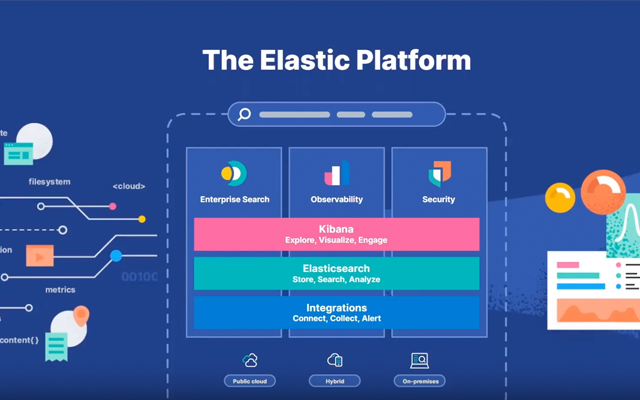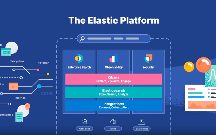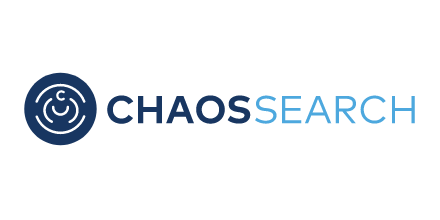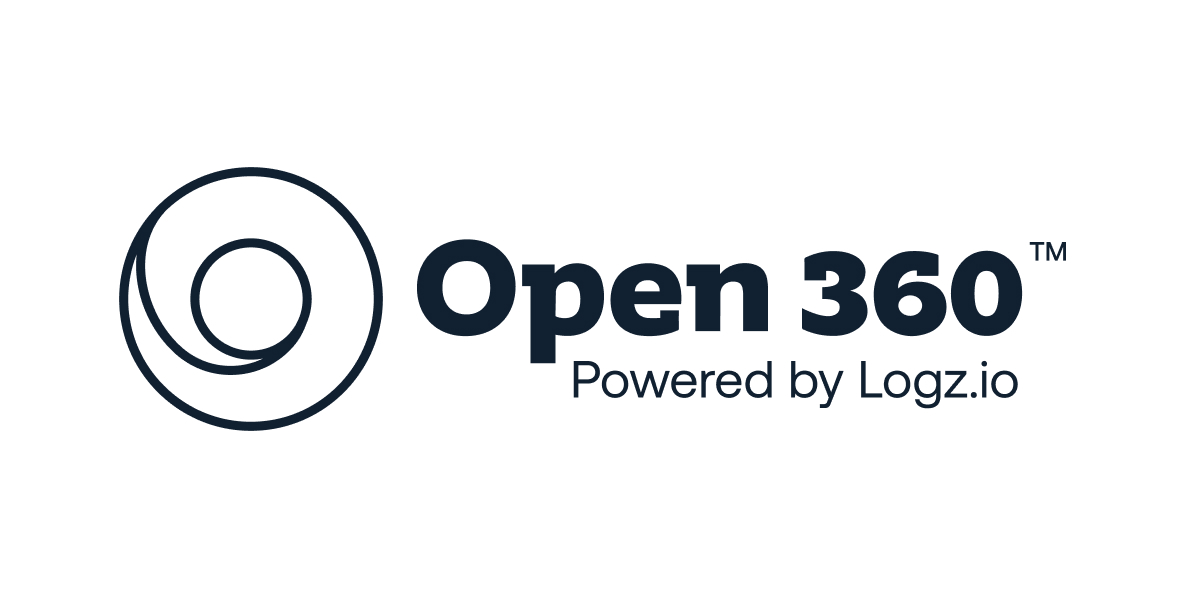
Overview

Video 1

Video 1

Product video
Elastic's Search AI Platform combines world-class search with generative AI to address your search, observability, and security challenges.
Elasticsearch - the industry's most used vector database with an extensive catalog of GenAI integrations - gives you unified access to ML models, connectors, and frameworks through a simple API call. Manage data across sources with enterprise-grade security and build scalable, high-performance apps that keep pace with evolving business needs. Elasticsearch gives you a decade-long head start with a flexible Search AI toolkit and total provisioning flexibility-fully managed on serverless, in the cloud, or on your own infrastructure.
Elastic Observability resolves problems faster with open-source, AI-powered observability without limits, that is accurate, proactive and efficient. Get comprehensive visibility into your AWS and hybrid environment through 400+ integrations including Bedrock, CloudWatch, CloudTrail, EC2, Firehose, S3, and more. Achieve interoperability with an open and extensible, OpenTelemetry (OTel) native solution, with enterprise-grade support.
Elastic Security modernizes SecOps with AI-driven security analytics, the future of SIEM. Powered by Elastic's Search AI Platform, its unprecedented speed and scalability equips practitioners to analyze and act across the attack surface, raising team productivity and reducing risk. Elastic's groundbreaking AI and automation features solve real-world challenges. SOC leaders choose Elastic Security when they need an open and scalable solution ready to run on AWS.
Take advantage of Elastic Cloud Serverless - the fastest way to start and scale security, observability, and search solutions without managing infrastructure. Built on the industry-first Search AI Lake architecture, it combines vast storage, compute, low-latency querying, and advanced AI capabilities to deliver uncompromising speed and scale. Users can choose from Elastic Cloud Hosted and Elastic Cloud Serverless during deployment. Try the new Serverless calculator for price estimates: https://cloud.elastic.co/pricing/serverless .
Ready to see for yourself? Sign into your AWS account, click on the "View Purchase Options" button at the top of this page, and start using a single deployment and three projects of Elastic Cloud for the first 7 days, free!
Highlights
- Search: Build innovative GenAI, RAG, and semantic search experiences with Elasticsearch, the leading vector database.
- Security: Modernize SecOps (SIEM, endpoint security, cyber security) with AI-driven security analytics powered by Elastic's Search AI Platform.
- Observability: Use open, extensible, full-stack observability with natively integrated OpenTelemetry for Application Performance Monitoring (APM) of logs, traces, and other metrics.
Details
Introducing multi-product solutions
You can now purchase comprehensive solutions tailored to use cases and industries.

Features and programs
Security credentials achieved
(2)


Buyer guide

Financing for AWS Marketplace purchases

AWS PrivateLink
Pricing
Free trial
Dimension | Cost/unit |
|---|---|
Elastic Consumption Unit | $0.001 |
Dimensions summary
Top-of-mind questions for buyers like you
Vendor refund policy
See EULA above.
Custom pricing options
How can we make this page better?

Legal
Vendor terms and conditions
Content disclaimer
Delivery details
Software as a Service (SaaS)
SaaS delivers cloud-based software applications directly to customers over the internet. You can access these applications through a subscription model. You will pay recurring monthly usage fees through your AWS bill, while AWS handles deployment and infrastructure management, ensuring scalability, reliability, and seamless integration with other AWS services.
Resources
Vendor resources
Support
Vendor support
Visit Elastic Support (https://www.elastic.co/support ) for more information. If you are a customer, go to the Elastic Support Hub (http://support.elastic.co ) to raise a case.
AWS infrastructure support
AWS Support is a one-on-one, fast-response support channel that is staffed 24x7x365 with experienced and technical support engineers. The service helps customers of all sizes and technical abilities to successfully utilize the products and features provided by Amazon Web Services.


FedRAMP
GDPR
HIPAA
ISO/IEC 27001
PCI DSS
SOC 2 Type 2
Standard contract
Customer reviews
Indexing millions of daily records has been streamlined and search performance meets our needs
What is our primary use case?
Elastic Search use cases for us involve maintaining a huge amount of data per day, around millions of transactions for each record. We are maintaining all this data with Elastic, and Elastic is doing a fantastic job by doing the indexing. The algorithm is very good, enabling us to process the data very fast.
We are conducting searches with Elastic Search because the data volume is too high. With a couple of indexing configurations, we are able to achieve our goal.
What is most valuable?
A good feature of Elastic Search is that they have something called policies, which we can make hot and cold, all related to data retention, and that is what I appreciate the most.
What needs improvement?
From the UI point of view, we are using most probably Kibana, and I think they can do much better than that. That is something they can fine-tune a little bit, and then it will definitely be a good product.
Maintenance in terms of Elastic is that they can improve the UI and UX, and if they fine-tune it a little bit, then it will be much better.
For how long have I used the solution?
I have used Elastic Search for the last two years in my career.
What do I think about the stability of the solution?
So far I haven't noticed any lagging, crashing, or downtime with Elastic Search.
What do I think about the scalability of the solution?
The scalability of Elastic Search is good, and I am satisfied with that as of now, and the performance is good.
How are customer service and support?
I don't think I have ever had to contact technical support.
How would you rate customer service and support?
Negative
How was the initial setup?
I find the initial deployment of Elastic Search easy; it is quite straightforward.
Approximately, I am able to deploy Elastic Search within two to three hours for the first time.
What about the implementation team?
To deploy, one or two people will be enough because you need Logstash to be configured to bring the data to Elastic Search for indexing.
Which other solutions did I evaluate?
We tried to implement big data pipelines and all, and we tried to use Spark as well for analytics and data cleaning, but I think Elastic is better in that field. I didn't find anything better than that.
Fast, Scalable Elasticsearch for Quick Log Analysis
Shard allocation and indexing can be made easier to configure
Powerful and Scalable Search Solution
Powerful Log Database with Helpful Integrations for Easy Parsing
Efficient Log Management & Search with Excellent Support
The support is easy to interact with and the quality of the answers are perfect
